
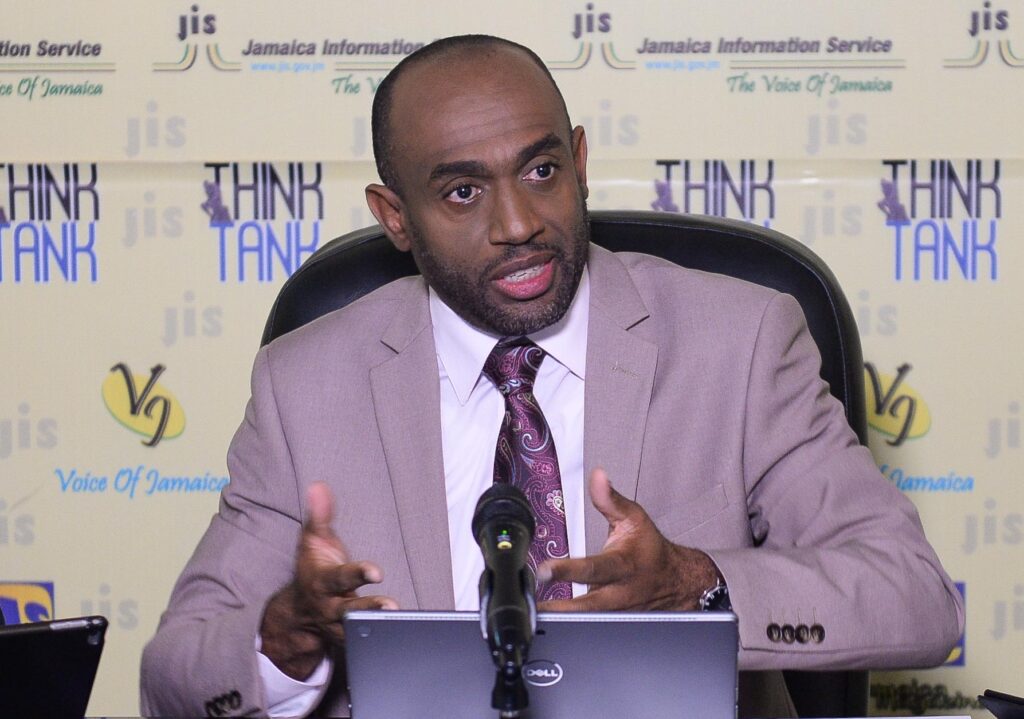
Bank of Jamaica (BOJ) is reporting that Jamaica is experiencing an unprecedented period of economic and financial stability, which has been assisted by the success of the latest International Monetary Fund (IMF)-supported Economic Reform Programme. The central bank is attributing the success of the programme to the high level of trust and confidence that was created in Jamaica and overseas by the building of a national consensus around the objective of sustainable debt reduction.
“Today, the IMF, World Bank, and the Inter-American Development Bank regard Jamaica very highly. We are now a prime example of a country that has transformed its macroeconomic reality. The country is building fundamental stability in its economy,” BOJ Senior Deputy Governor Dr. Wayne Robinson said.
Noting that Jamaica has almost halved its debt in relation to gross domestic product (GDP) from a 146.5 per cent debt to DGP ratio in 2013 to 78 per cent in 2023, Dr Robinson said this represents a transformation in macroeconomic fundamentals that is a necessary foundation on which to build a period of sustained financial and economic stability in Jamaica.
Noting that Jamaica has almost halved its debt in relation to gross domestic product (GDP) from a 146.5 per cent debt to DGP ratio in 2013 to 78 per cent in 2023, Dr Robinson said this represents a transformation in macroeconomic fundamentals that is a necessary foundation on which to build a period of sustained financial and economic stability in Jamaica.
The BOJ Senior Deputy Governor was delivering an address on behalf of BOJ Governor Richard Byles at the staff awards ceremony of the Electoral Commission of Jamaica (ECJ) at the Terra Nova Hotel in Kingston recently (July 12).
He pointed to unemployment being reduced from 14.5 per cent to 6.2 per cent over the decade, and the country’s Net International Reserves growing significantly from US$884 million, covering 11 weeks of imports in April 2013, to USD 4.2 billion – adequate for 27 weeks of imports – 10 years later, as further evidence of the economic turnaround.
The central banker said the country’s debt rating also illustrates the positive developments in the economy: “In 2013 Standard and Poor’s rated Jamaica’s bonds as CCC with a negative outlook, which means that Jamaican bonds were considered to be junk. Today, that rating has improved to B+ with a stable outlook. Jamaican bonds now trade at a higher premium than those of some other countries with a B+ rating. This is an indication that people regard the financial situation in Jamaica to be very positive and very stable,” he explained.
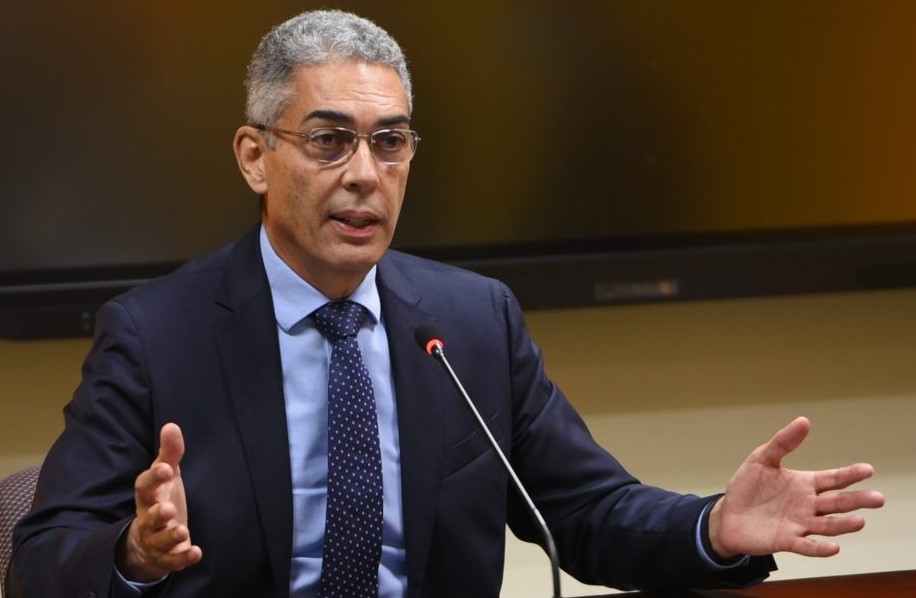
The BOJ Senior Deputy Governor expressed the view that the major reasons accounting for the economic success included the broad national support that was built around the economic reform programme.
“Administrations formed by both political parties agreed to press ahead with the programme, the private sector was on board, the trade unions and civil society supported it. There was relative industrial calm despite workers enduring some austerity that accompanied its implementation. Over time, the population also owned and supported the objective of debt reduction. This created trust and confidence locally and internationally,” Dr. Robinson said.
He added that the economic success also benefitted from the political stability that was maintained through the work of the ECJ and the Electoral Office of Jamaica (EOJ) that it supervises and which is celebrating its 80th anniversary this year.
“BOJ alone cannot ensure financial stability. Political stability is one of the main prerequisites for economic and financial stability. Over the years, Jamaica’s tradition and reputation for the relatively peaceful change of political administrations are among the biggest drawing cards for investments, and multilateral loans, grants and project financing. So, we at BOJ are happy that the EOJ and ECJ have been effective and successful in their mandates”
Dr Wayne Robinson, Senior Deputy Governor, Bank of Jamaica
“BOJ alone cannot ensure financial stability. Political stability is one of the main prerequisites for economic and financial stability. Over the years, Jamaica’s tradition and reputation for the relatively peaceful change of political administrations are among the biggest drawing cards for investments, and multilateral loans, grants and project financing. So, we at BOJ are happy that the EOJ and ECJ have been effective and successful in their mandates,” the BOJ Senior Deputy Governor pointed out.
He noted too, that there are similarities between the economic success story and the trust and confidence that the electoral system has acquired through the work of the ECJ. He added that both the ECJ and BOJ rely on the trust and confidence of the Jamaican people and their many local and international stakeholders in order to be successful.
“The forerunner to ECJ, the Electoral Advisory Committee, created in 1979, was forged in the fire of one of the fiercest moments of political competition in Jamaica’s history. The Commission’s genesis is rooted in a deep concern by Jamaicans that we may have been drifting away from bipartisan consensus. It was born out of a crisis that threatened the political and economic stability of the nation,” he said.
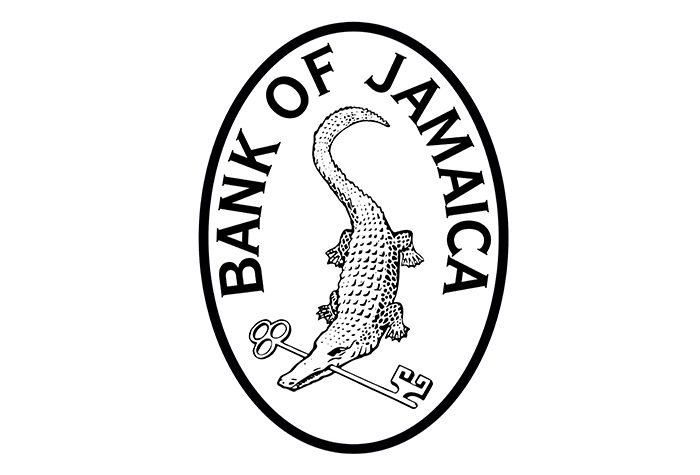
He added that the ECJ has been tried, tested and proven and was now a world-leading electoral institution that is a model of governance and efficiency in the conduct of elections and is proving to be a template that can be exported to other countries.
Dr Robinson congratulated the awardees who were being recognised for between 10 and 30 years of service to the EOJ.
“Institutions are not defined by buildings or equipment, but by people, and by systems that are operated and supervised by people. The remarkable celebration of the 80th anniversary of the EOJ has been made possible by people like you, who have built the institution and continue to perfect its system. The solid reputations of the EOJ and the ECJ are tributes to the hard work and integrity of you, the staff,” he told the award recipients.




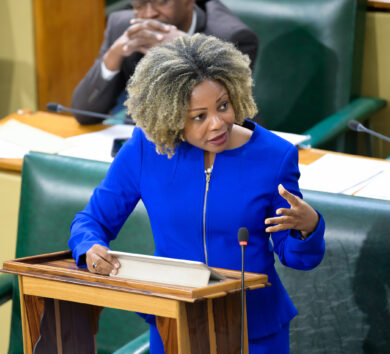

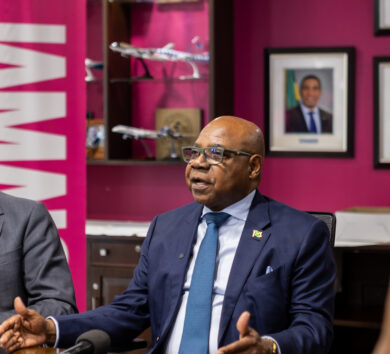
Comments